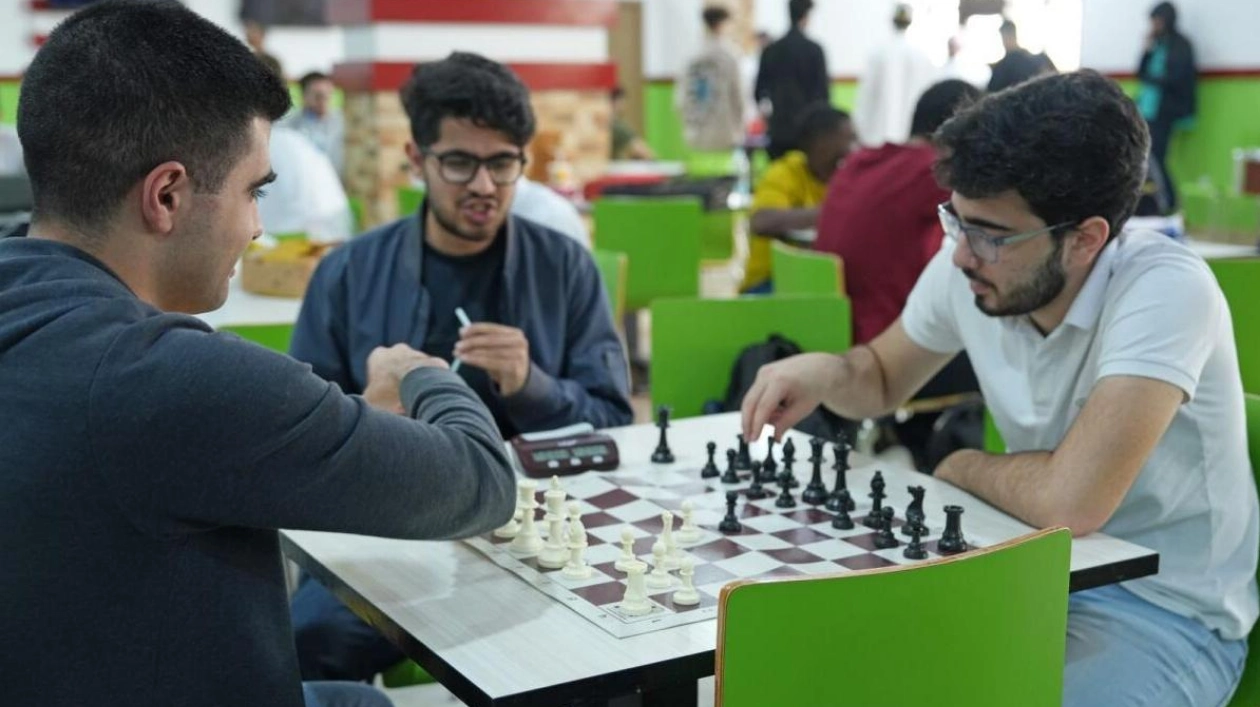After a month of relaxation and rejuvenation, students can utilize the remaining summer break to enhance their skills, learn new subjects, and gain an early advantage in their academic year, according to a leading educationalist. "While we still enjoy lengthy breaks, it's up to us to maximize this time," said Professor Ghassan Aouad, Chancellor of Abu Dhabi University (ADU), in an interview with Khaleej Times. Professor Aouad provided a list of activities that students can engage in to better prepare for the upcoming year and enhance their personal and mental development, along with acquiring new life skills.
Professor Aouad highlighted that students can delve into new subjects within or outside their field to broaden their knowledge and clarify their career aspirations. "Students can access online platforms for courses ranging from data science to creative writing. Obtaining certificates in your field will enhance your skill set and give you an edge in job applications. Beyond industry-specific training, skills such as communication, project management, AI tool usage, presentation skills, and management abilities are beneficial across various disciplines."
Professor Aouad also emphasized the benefits of volunteering, which releases the hormone dopamine, reducing stress and promoting positive feelings. Students can "make a societal impact while developing crucial soft skills through volunteering with organizations. This can help in building leadership and teamwork skills while supporting significant social initiatives. Volunteering offers a perfect opportunity to establish social connections that may lead to professional prospects in the future."
The university chancellor advised students to use the break to enhance their mental well-being, which is beneficial throughout their academic journey and beyond. "Exercise is an excellent stress reliever, and it's never too late or too early to incorporate it into our lifestyles. Try different exercises such as yoga, running, or team sports to discover what you enjoy most and make a commitment to include exercise in your daily routine. Other stress management techniques include learning breathing exercises, relaxation techniques, and meditation."
Professor Aouad recommended two books: 'The Power of Habit: Why We Do What We Do in Life and Business' by Charles Duhigg and 'The Psychology of Money' by Morgan Housel. "'The Power of Habit' delves into the science behind habits and how they can be altered. It will assist you in breaking bad habits and forming new ones that better serve your personal and professional goals. 'The Psychology of Money' examines the complex relationship between wealth, greed, and happiness, helping you manage your finances and develop a healthier relationship with money."
Learning new languages enhances cognitive health and functionality, allowing students to connect more deeply with others and potentially boosting their career prospects. "Some of the fastest-growing languages after English include Mandarin, Arabic, Hindi, French, and Portuguese. Arabic, being one of the most widely spoken languages in the region, is increasingly valuable in global business and diplomatic relations, especially for those aiming to pursue a career in the region," Professor Aouad noted.






